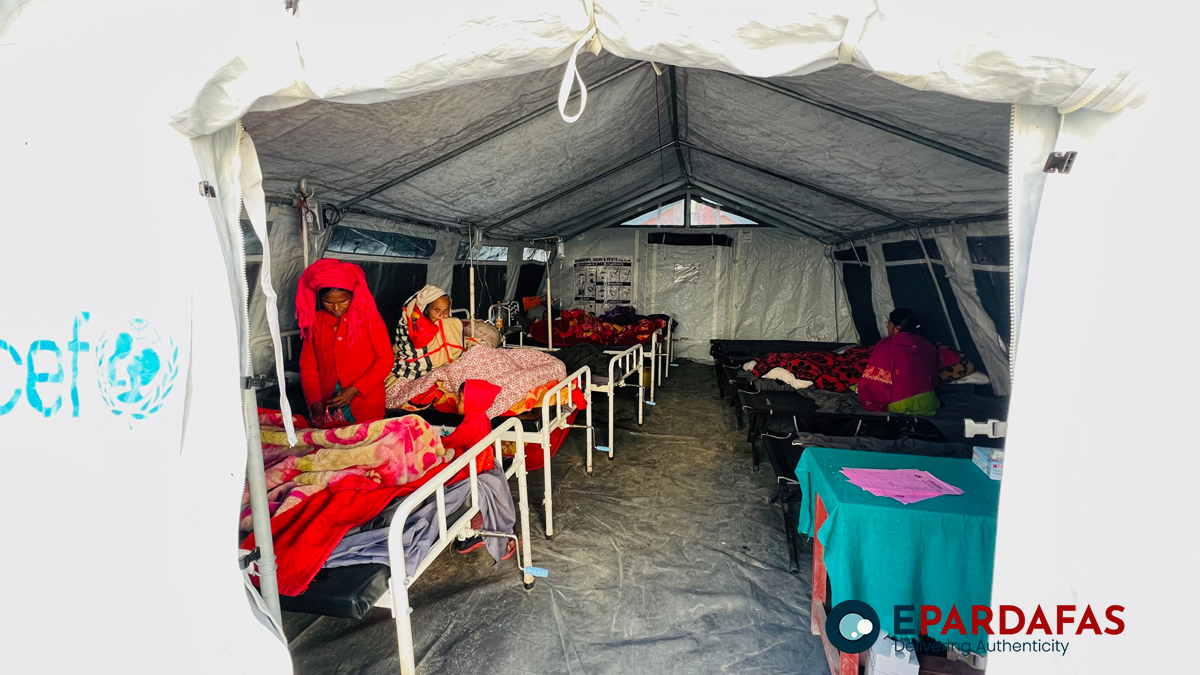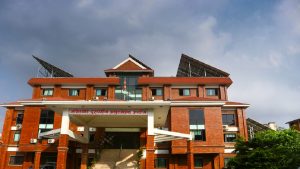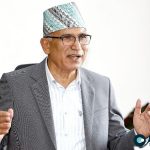Women and children in earthquake-affected districts are facing a dire situation of malnutrition, as revealed by recent health camps conducted across several regions.
Over the past three months, health camps organized in quake-hit districts such as Jajarkot, Rukum Paschim, and Salyan have highlighted the alarming prevalence of malnutrition among survivors. A total of 46 health camps were held as part of the ‘minimum health service programme’ aimed at addressing health needs in disaster-affected areas.
During these camps, more than 7,300 earthquake survivors, including 944 males and 6,355 females, underwent general health check-ups. Additionally, 4,109 women underwent tests for cervical cancer.
The Nepal Family Planning Association reported that women and children visiting the health camps expressed concerns about the lack of access to nutritious foods. Many shared their struggles with inadequate food intake, exacerbated by the adverse effects of the earthquake and inadequate housing conditions.
Particularly in regions like Kushe and Barekot, women and children were found to be suffering the most from malnutrition. Furthermore, adults in these areas lacked awareness regarding the use of family planning contraceptives, compounding the challenges faced by the community.
Local authorities, including Mayor Dambar Rawat of Nalgad municipality, emphasized the urgent need for additional health camps to address the ongoing threat to food security among quake survivors. Rawat acknowledged the poor housing conditions and stressed the importance of comprehensive support to mitigate the impact of malnutrition.
Similar sentiments were echoed by Bir Bahadur Giri, chair of Barekot rural municipality, and Rabi KC, Mayor of Athbiskot municipality, who highlighted the shared plight of their respective communities and the pressing need for sustained interventions to address malnutrition and food insecurity.
As efforts continue to rebuild and rehabilitate quake-affected regions, prioritizing the nutritional needs of women and children remains imperative to ensure the well-being and resilience of affected communities.














Comments